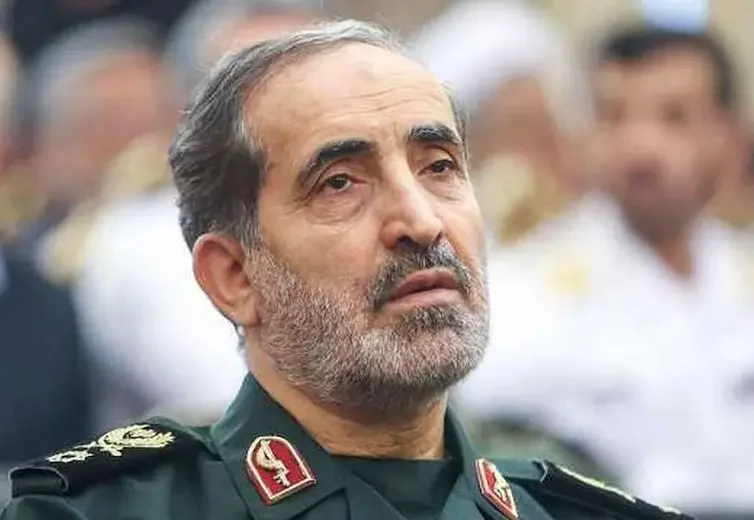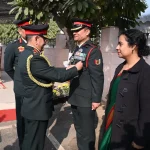In a dramatic escalation of the ongoing conflict with Iran, the Israeli Defence Forces (IDF) have claimed responsibility for the assassination of Major General Ali Shadmani, Iran’s newly appointed top military commander. The IDF stated that Shadmani, the head of the Islamic Revolutionary Guard Corps’ (IRGC) Khatam-al Anbiya Central Headquarters, was killed in an overnight airstrike in central Tehran.
The airstrike comes just four days after Shadmani was appointed to the position by Iran’s Supreme Leader Ayatollah Ali Khamenei, following the death of his predecessor, Lt. Gen. Gholamali Rashid, in a previous Israeli attack. Khamenei had praised Shadmani’s “meritorious services and valuable experience” while conferring upon him the rank of Major General.
The IDF described Shadmani as the most senior military official in Iran, calling him the “war chief of staff” and the closest remaining military figure to the Supreme Leader. According to Israeli intelligence, Shadmani commanded both the IRGC and the Iranian Armed Forces and played a central role in formulating Iran’s combat strategy.
“In his various roles, he had a direct influence on Iran’s offensive plans targeting the State of Israel,” the IDF said in a statement. The military further alleged that the Khatam-al Anbiya Central Headquarters under Shadmani was responsible for managing combat operations and approving strategic attack plans.
“For the second time in five days, the IDF has eliminated Iran’s war-time chief of staff,” the statement read, emphasizing the precision and intelligence involved in the strike.
The strike coincides with a show of international backing for Israel. At the recently concluded G7 Summit in Italy, world leaders issued a joint statement affirming Israel’s right to self-defense amid rising tensions in the Middle East. The communiqué, published by Canada, reiterated the G7’s “commitment to peace and stability” and explicitly supported “the security of Israel.”
Iranian authorities have not yet officially confirmed the death of Ali Shadmani, but state-affiliated media have gone silent on his activities since the alleged strike. Analysts warn that this assassination could provoke a strong retaliatory response from Tehran, potentially escalating the regional conflict further.













